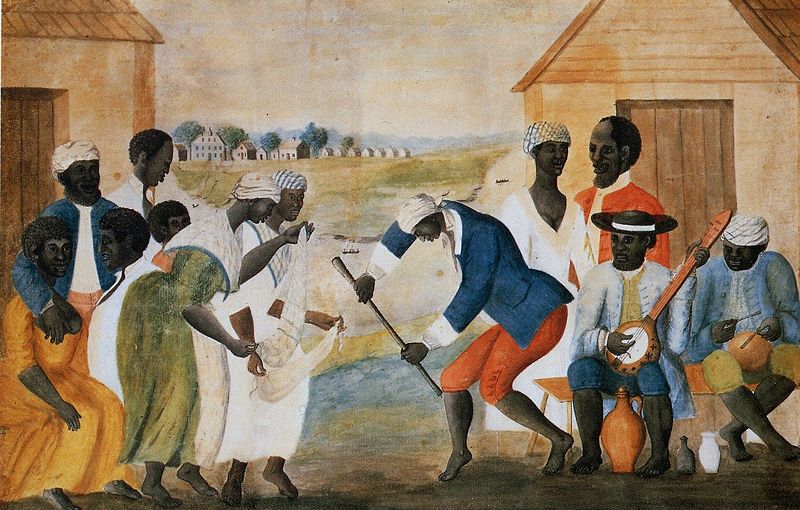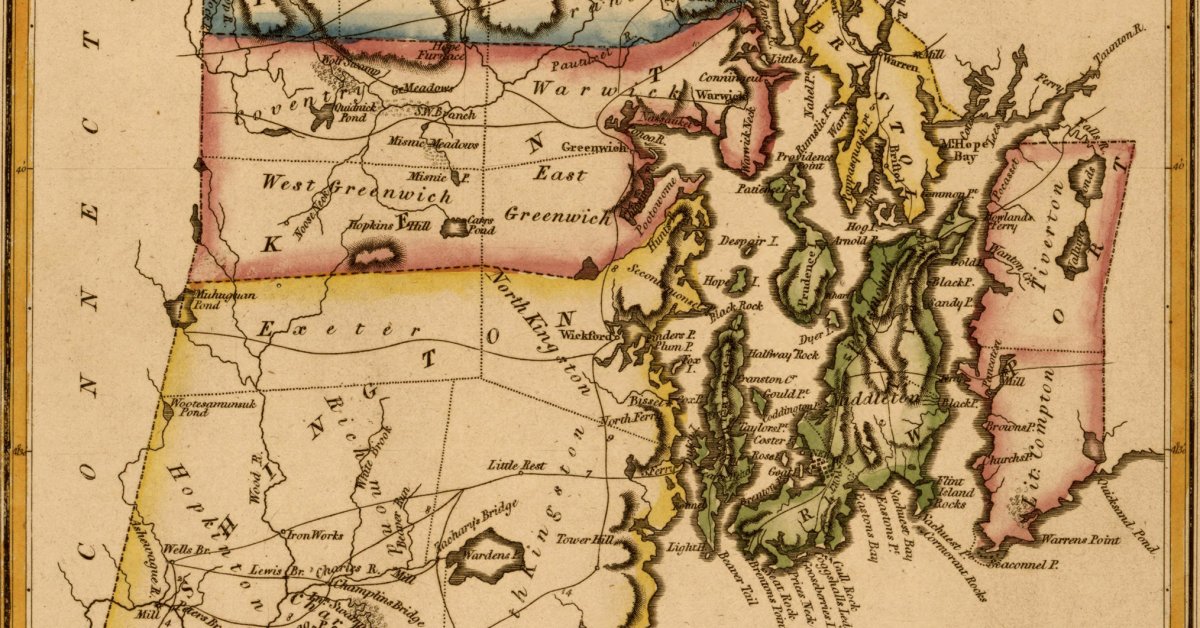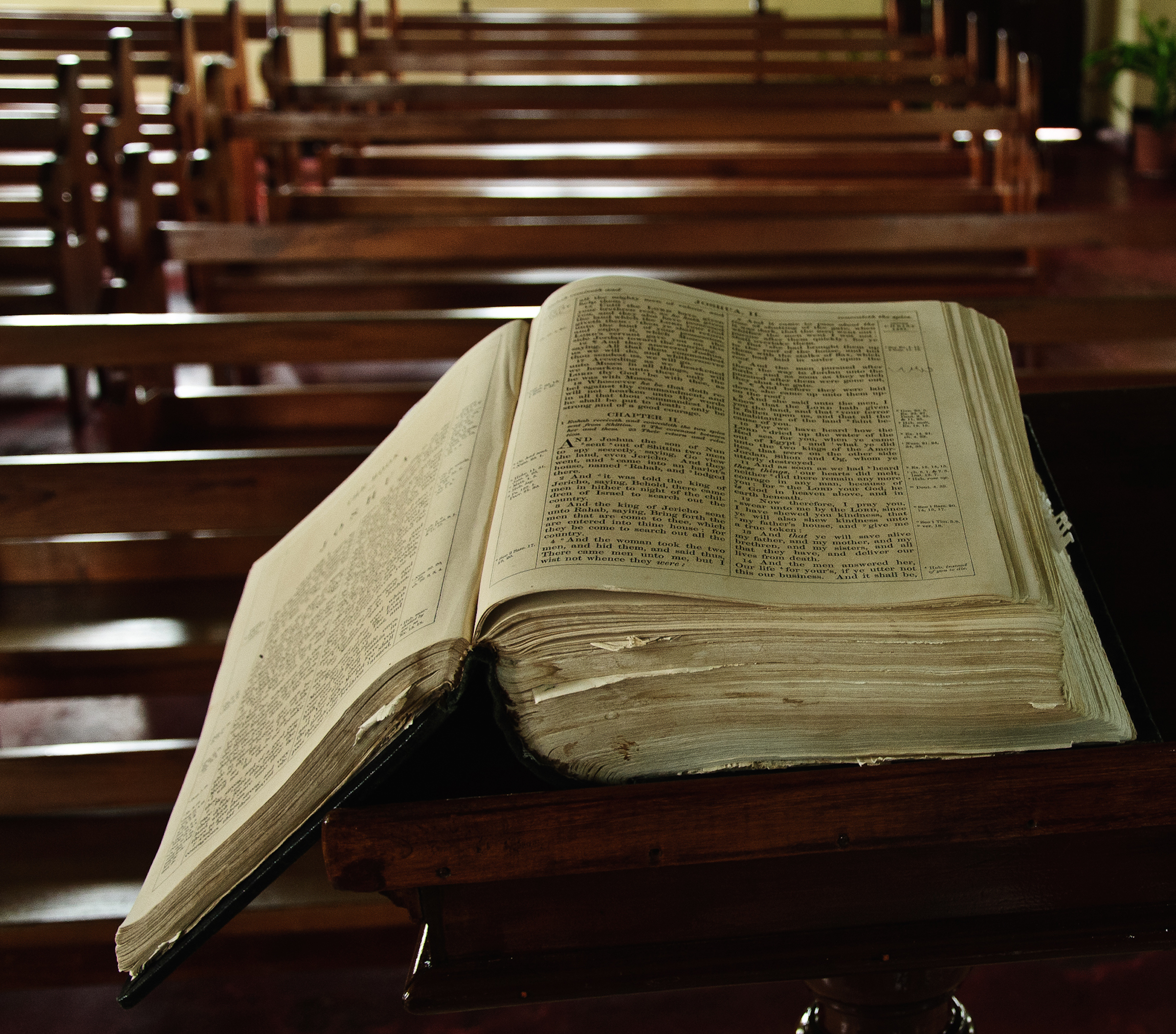- Mar 11, 2015
- 77,129
- 34,359
- 2,330
- Thread starter
- #21
They continue trying to find excuses.That would be a strange way to look at it. It would be like asking how many people in the 80s owned cars or tvs. Those weren't things every individual had, they were things families had and when we go back to the Census before the Civil War we see that in some States 40% of families owned at least one slave and I think the Confederate state with the fewest slave ownership still had around 20% of families who owned at least one slave. This is all besides the fact that whether we're talking agricultural in the South or textile manufacturing in the North, most of these industries relied on products produced by slaves.







